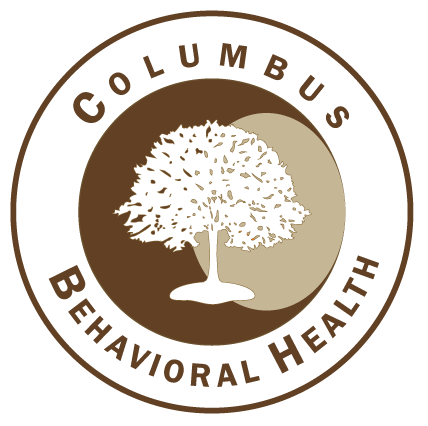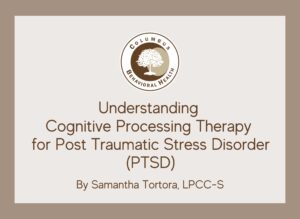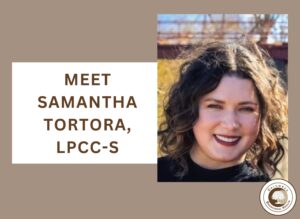It’s normal to feel frustrated with certain behaviors our kids exhibit. Understanding the difference between typical challenges and behavior problems can help us respond effectively. Typical challenges might include things like occasional tantrums or defiance, while behavior problems often involve more persistent, severe, or disruptive behaviors that interfere with daily life or relationships. Recognizing this distinction can help us decide when to seek additional support or guidance from a professional counselor or therapist.
WHAT CAN YOU DO TO CHANGE YOUR CHILD’S BEHAVIOR PROBLEMS?
1. EXAMINE THE PROBLEM.
- Make a list of all the behaviors you want to change and then rank the order most to least troublesome. Work on ONE problem at a time.
- What times of day and what days of the week are the problems occurring?
- Typical triggers for behavior problems are illness, fatigue, hunger, boredom, or frustration.
- Are negative behaviors occurring during the week or on the weekend? At night or in the morning?
- How are you or your partner responding? How does the child respond? Are you accidentally reinforcing the negative behavior by giving the child the attention s/he wants?
2. NOTICE WHEN IT IS BETTER OR WORSE
- When are behaviors better?
- Are there ever times when you do not have the problem behavior?
- What is different about those times?
3. WHAT REINFORCES YOUR CHILD?
- Complete the 5 love language quiz for you and your child. Typically people feel closer to those in the family whose love languages mirror their own.
- Try not to use food or gifts as reinforcers. A child who loves time together might love playing with you as a reinforcer. A child who loves hugs might love some extra cuddle time.
- In order to change behavior, you have to be very mindful of what reinforces your child and know that that answer might change as your child grows.
CAN BEHAVIOR THERAPY HELP?
YES! Research shows that therapy is an effective first line treatment for behavioral problems. You can get the guidance you need by working with an experienced therapist. Regular sessions will help you better understand what triggers your child’s behavior and skills on how to respond differently.
If you are searching for a child behavior specialist for your child, the following therapists work with children specifically at Columbus Behavioral Health:
Diana Webb
Lara Uher
Carla Morris
If your child is in need of medication, Jessica Witkin, PMHNP (Psychiatric Nurse Practitioner) sees children ages five and older.





